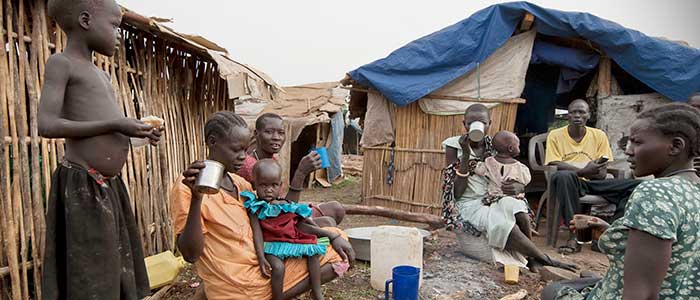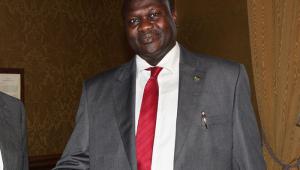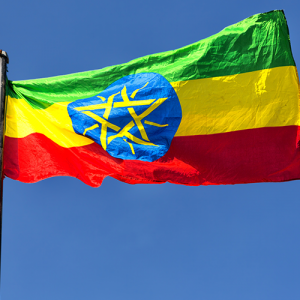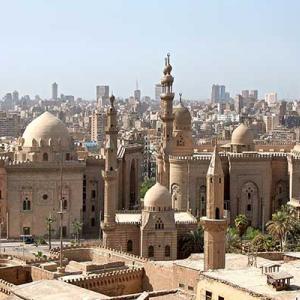Web_SouthSudan_iStock_000061842024_Large.jpg

People in displaced persons camp in Juba, South Sudan
The panel’s confidential report, seen by Reuters, said that the country’s president Salva Kiir and rebel leader Riek Machar are still in full control of their armed forces and are responsible for the killing of civilians and other actions that warrant sanctions.
The oil-rich and war-torn country had been due to establish a transitional unity government last Friday following a peace agreement signed in August. However, since then the agreed ceasefire has been repeatedly broken, and the January 22 deadline was missed.
The panel said that “evidence shows that most of the acts of violence committed during the war, including the targeting of civilians, have been directed by or undertaken with the knowledge of senior individuals at the highest levels of the government and within the opposition”.
The report also described how the government, who the panel have previously said is responsible for the vast majority of human rights abuses in the country, has been able to easily purchase and import arms from overseas.
In 2014, the report noted Kiir’s forces were able to buy at least four attack helicopters from a private Ukrainian company for the cost of nearly $43m.
Amnesty International said independent sources told the panel there is a “standing unwritten agreement” whereby Uganda acts as a regional conduit for transfers of arms and ammunition, and that the neighbouring Sudanese government is the “default arms supplier for the opposition”, although opposition forces also use ammunition originating in China and the former Soviet Union.
In July 2014, Amnesty International intercepted a shipment of more than 1,000 tonnes of small arms and light weapons on its way to the South Sudanese government from the Chinese state-owned manufacturer China North Industries Corporation. The Chinese government had to cancel further arms transfers in the face of international outcry.
The NGO has repeatedly lobbied for an arms embargo to be put in place on the country. Muthoni Wanyeki, Amnesty International’s regional director for east Asia and the Horn and Great Lakes regions of Africa, said an arms embargo should be a “no brainer”.
“Last year’s peace agreement has proven insufficient to end atrocities and usher in accountability in South Sudan’s internal armed conflict. It should be a no-brainer for the international community to suspend the flow of arms where those arms are being used repeatedly to commit war crimes and to perpetuate grave and systematic human rights violations and abuses.”
Both civilians and peace keepers have been targeted and suffered abuse at the hands of government and rebel forces since the conflict began in 2013, just two years after gaining independence from Sudan in 2011.
The war began with a dispute between Kiir and Machar but has since revived ethnic tensions. More than 10,000 people have been killed, some 2.3 million people have been displaced, a further 3.9 million face food shortages, and the world’s youngest country has been ravaged by a bloody conflict which the UN panel said had a human cost comparable to the conflicts in Syria, Iraq and Yemen.
Yesterday the secretary general of the UN Ban Ki-Moon said he was concerned about the political deadlock between the two parties that lead to their failure to meet the January 22 deadline.
He said that the formation of a transitional unity government is an “essential step” in implementing the peace agreement and laying the foundation for peace and stability in the country.











